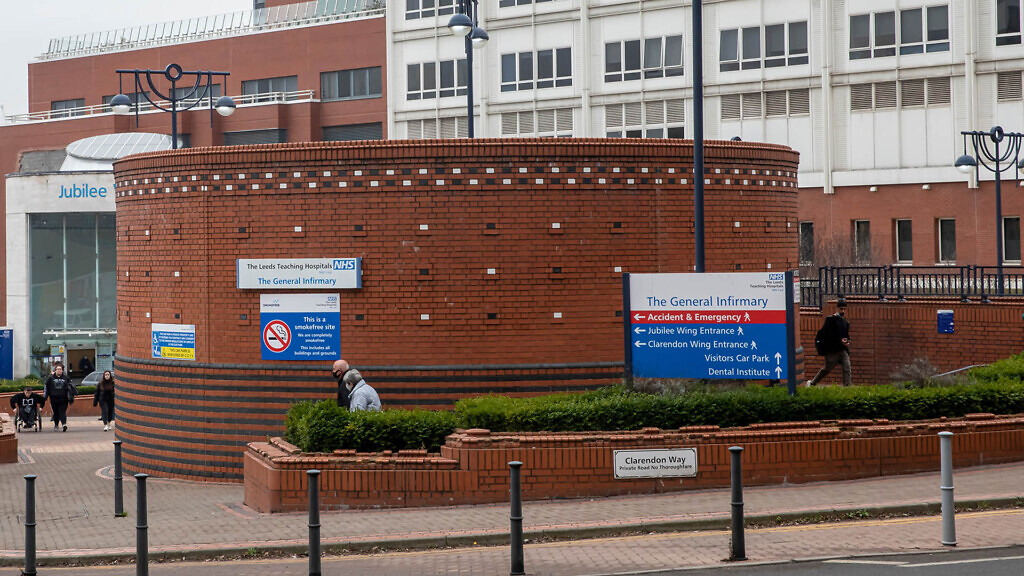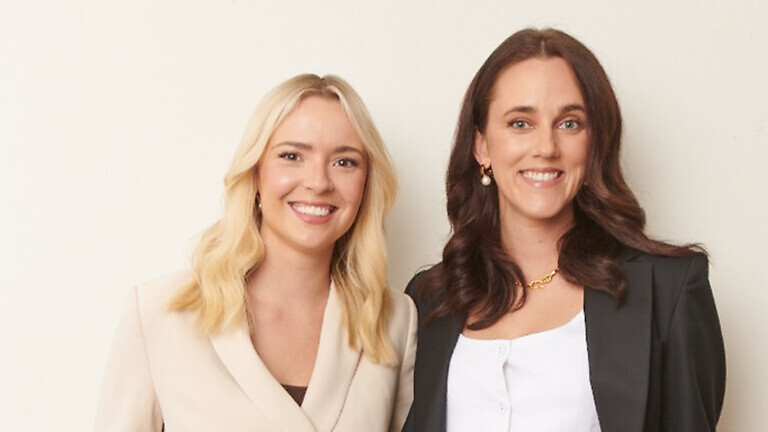NHS England’s Maternity Safety Support Programme (MSSP) team’s report into maternity services at Leeds Teaching Hospitals NHS Trust does not make easy reading.
A review of maternity services at Leeds Teaching Hospitals NHS Trust has issued more than 100 recommendations for improvement.
Concerns about maternity and neonatal services at Leeds General Infirmary and St James’s University Hospital have grown since an unannounced inspection by the Care Quality Commission (CQC) in December and January.
As Healthcare Today reported in January, there were at least 56 cases of stillbirths or neonatal deaths, as well as two maternity deaths between January 2019 and July 2024.
The result of this was that NHS England’s Maternity Safety Support Programme (MSSP) team visited the Trust between 17 and 20 March this year.
“The culture of the organisation was challenging and came across as a degree of negativity rather than supportive, with lack of communication being a theme through all the staff meetings and a feeling of ‘being done to’. This had led to escalation fatigue from the staff as they did not feel that their safety concerns were listened or responded to in a productive and supportive way,” was one of the report’s conclusions.

101 problems
The report outlines 101 recommendations to address safety, staffing, leadership and cultural issues across the Trust’s maternity units at Leeds General Infirmary and St James’s Hospital.
As well as the culture of the organisation, the report said that the service has had a challenge in responding to families who have experienced harm and poor outcomes.
The systems and processes in relation to the governance framework in maternity and the wider organisation could also be strengthened with little sense that the Trust was learning from incidents. “Not robust” is how the report characterises it.
The report team is damning in its detail and range from “the Trust could benefit from reviewing and outlining key roles and responsibilities for the senior midwifery team to provide a higher level of assurance,” and “the Trust would benefit having a quarterly review of recruitment and retention performance to maintain oversight of attrition rates and which may enable earlier intervention,” to “The Trust would benefit from some focused cultural work and support form ward to board to ensure that leaders and staff feel psychologically safe to raise concerns that will be listened to and supported”.
Open and honest
The Trust said that it wanted to be “open and honest” about the reviews and the changes that it is making. It also emphasised that it has begun to implement what it calls “a comprehensive improvement plan”, working with the CQC and NHS England.
The most obvious change is that a new independent chair has been appointed to lead the maternity and neonatal improvement programme board in Leeds. Birte Harlev-Lam, executive director midwife at the Royal College of Midwives, was named at the end of July.
Many still remain to be convinced. “While we welcome the Trust’s pledge to improve maternity safety, this must now be matched by action. Management needs to ensure staff are supported at all times so they can uphold the highest level of care,” said Rachelle Mahapatra, partner specialising in medical negligence law at Irwin Mitchell’s Leeds office.



